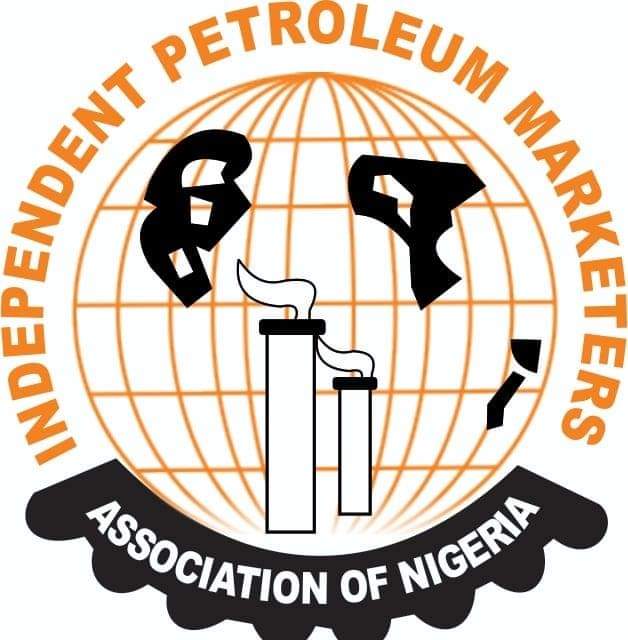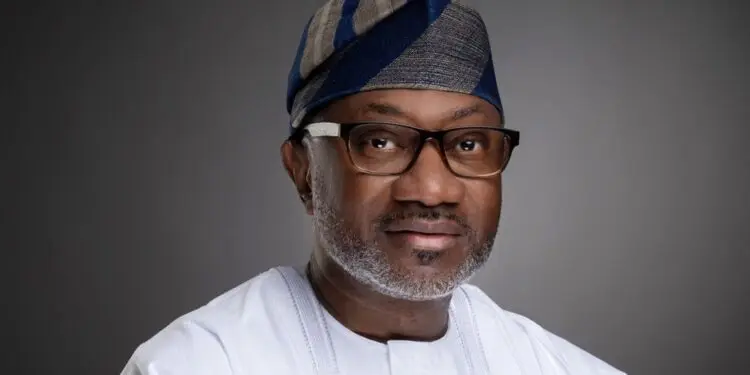Business
Petrol Tankers To Stop Loading Beyond 45,000 Litres By October 1 – IPMAN

The Western Zone of the Independent Petroleum Marketers Association of Nigeria has said tankers will no longer load more than 45,000 litres of the product from October 1.
The Chairman of the zone, Chief Oyewole Akanni, disclosed this in an interview with the News Agency of Nigeria in Ibadan on Friday.
Akanni stated that the measure was adopted in a joint meeting involving IPMAN, the government and other stakeholders, held to reduce the cases of petroleum tanker accidents.
The stakeholders, he said, are the Petroleum Tanker Drivers, Nigerian Association of Road Transport Owners, the Nigerian Midstream and Downstream Petroleum Regulatory Authority and oil marketers.
READ ALSO:Five Things To Know About Gabon
He said, “Before now, some tankers carried up to 90,000 or 60,000 litres, which was dangerous.
“Those big tankers damage our roads, as the trucks are made to carry far more than they were designed for.
“And when overloaded, they become unstable and fall, causing accidents.”
Akanni stated that the government had also mandated all tankers to install safety covers that prevent spillage in the event of a crash.
“With these covers, even if a tanker falls, fuel won’t spill, except if the tank is punctured,” he said.
READ ALSO:Petrol Tanker Explodes In Ibadan
He, however, lamented the activities of vandals, who deliberately puncture fallen tankers to steal fuel, describing it as a major challenge.
The IPMAN chairman also said that PTD discovered that most accidents occurred at night due to fatigue.
“We have, therefore, instructed drivers not to drive at night.
“Once it is 7.00 p.m., they must park and continue their journey by 7.00 a.m. the next day, but some still disobey this directive,” he said.
READ ALSO:Petroleum Minister, Lokpobiri, Reveals When Fuel Will Be Available
Akanni assured that IPMAN would continue to work with stakeholders to ensure that tanker-related accidents were minimised.
He said that the spate of fatalities had triggered federal interventions, calling for stricter regulations, mass education, and enforced safety reforms.
According to Akanni, the incidents form part of a broader wave of tanker disasters across Nigeria.
“These are marked by systemic failures, including overloading, poor infrastructure, inadequate enforcement, alongside dangerous public practices like fuel scooping,” he said.
NAN
Business
JUST IN: Otedola Sells Shares In Geregu Power For N1trn

Billionaire businessman, Femi Otedola, has sold his majority stake in Geregu Power Plc for N1.088 trillion in a deal financed by a consortium of banks led by Zenith Bank Plc.
The Nigerian Exchange, NGX, made this announcement on Monday.
Otedola’s Amperion Power Distribution Company Ltd reportedly held nearly 80 percent of the power generating company.
READ ALSO:N200b Agric Credit Dispute: Appeal Court Slams NAIC, Upholds First Bank Victory
With this new development, Otedola, Chairman of First Holdco Ltd, parent company of First Bank of Nigeria Plc, will reportedly now concentrate on expanding his interest in the Nigerian banking sector, although he still retains some shares in Geregu.
Otedola is said to currently own 17.01 percent of First Bank — its single largest shareholder since the bank was established in 1894.
Business
Fuel Price Cut: NNPCL GCEO Ojulari Reveals Biggest Beneficiaries

The Group Chief Executive Officer of the Nigerian National Petroleum Company Limited (NNPCL), Bayo Ojulari, has said Nigerians are the biggest beneficiaries of the ongoing fuel price reductions, triggered by competition in the downstream oil sector.
Ojulari made the remarks on Sunday while speaking with journalists after briefing President Bola Tinubu in Lagos.
He described the current fluctuations in petrol prices as a natural outcome of Nigeria’s transition away from dependence on fuel imports.
READ ALSO:NNPCL Revenue, Profit Soar To N5.08tn, N447bn In October
According to him, increased competition in the market ultimately favors consumers, adding that the present volatility will ease over time.
“Where there is healthy competition, the buyers are the ultimate beneficiaries. We should also bear in mind that the market will stabilise,” Ojulari said. “There may be some tension along the way because we are undergoing a major transition.”
His comments come amid an ongoing fuel price war that has resulted in successive reductions at petrol stations across the country in recent weeks.
Earlier in December 2025, Dangote Refinery cut its gantry price to about N699 per litre. Following this move, MRS filling stations, NNPCL outlets, and other marketers reduced pump prices to between N739 and N901 per litre in Abuja.
Business
Naira Records Massive Appreciation Against US Dollar Into Christmas Holidays

The Naira gained massively against the United States dollar in the last three days at the official foreign exchange as trading ended for the Christmas holidays.
Central Bank of Nigeria data showed that the Naira strengthened further on Wednesday to N1,443.37 per dollar, up from N1,449.99 on Tuesday.
This means that since Monday this week, the Naira has recorded a significant N13.18 gain against the dollar, according to the apex bank data.
READ ALSO:Naira Records Depreciation Against US Dollar Across Official, Black Markets
Similarly, at the black market, the Naira traded on Wednesday at N1,490 per dollar, an appreciation from the N1,500 exchanged on Monday but the same rate as on Tuesday.
The uptrend comes amid the rise in the country’s external reserves to $45.24 as of December 23rd, 2025.
DAILY POST reports that the Naira gained against the dollar at the official market on Monday and Tuesday.

 Headline4 days ago
Headline4 days agoJUST IN: US Forces Bomb Terrorists Camps In Nigeria

 News5 days ago
News5 days agoOkpebholo Slams ₦25bn Libel Suit On Edo PDP Chairman

 Headline4 days ago
Headline4 days agoUS Dept Of War Shares Video Of Air Strikes In Nigeria

 News4 days ago
News4 days agoPHOTOS: SGF George Akume Weds Ooni’s Ex-Queen

 News21 hours ago
News21 hours agoBREAKING: Anthony Joshua Involved In Road Accident

 News4 days ago
News4 days agoShehu Sani Reacts To Trump’s Military Strikes In Nigeria

 News4 days ago
News4 days agoTrump’s Airstrikes: Halt Military Cooperation With US Immediately – Sheikh Gumi Tells Tinubu Govt

 Headline4 days ago
Headline4 days agoU.S. Lawmaker Reacts To Nigeria, U.S. Airstrikes

 News2 days ago
News2 days agoEx-Edo Gov Obaseki Reacts As His Cousin Is Beaten, Stripped

 News5 days ago
News5 days agoYULETIDE: UBTH CMD Charges Nigerians To Be Hopeful In Coming Year






























